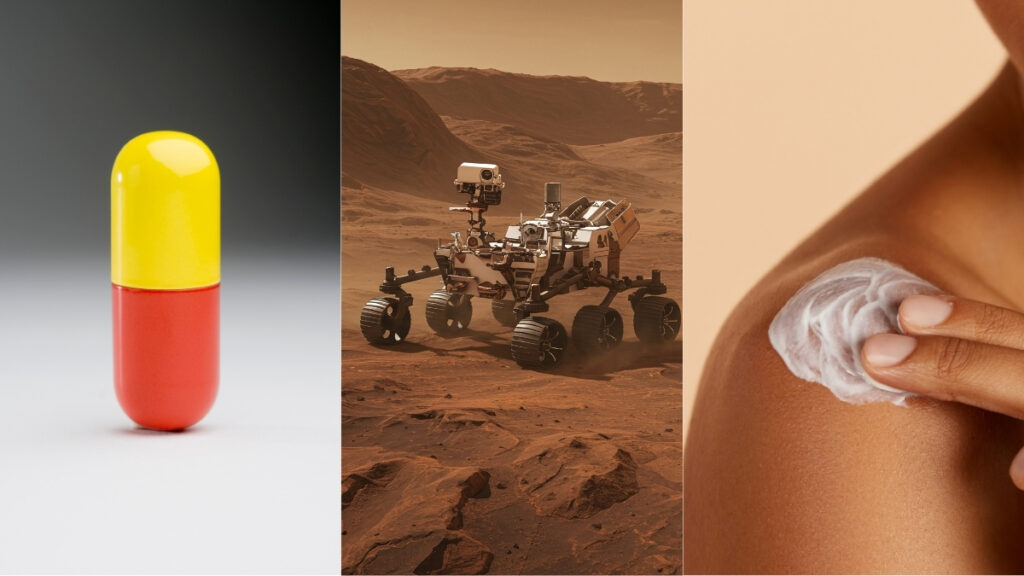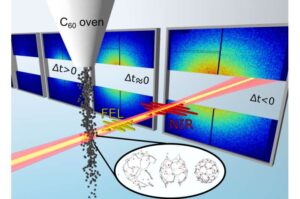
Recent scientific advancements have introduced promising alternatives for diabetes treatment, along with intriguing discoveries in space exploration and health research. A new oral medication offers similar weight loss benefits to the widely used injection, Ozempic, while a novel insulin delivery method through skin cream could eliminate the need for daily injections. These developments, alongside significant findings related to lupus, Alzheimer’s disease, and a mysterious rock on Mars, highlight the dynamic nature of contemporary science.
New Diabetes Pill Shows Promise
A clinical trial has revealed that a new medication, orforglipron, may serve as a viable alternative to Ozempic, particularly for weight management. Participants receiving the highest dosage of 36 milligrams lost, on average, 9.6 percent of their body weight, translating to approximately 9.6 kilograms. In comparison, the group taking 12 milligrams experienced a 7 percent reduction in weight, while those on 6 milligrams lost 5.1 percent. The placebo group, by contrast, saw an average weight loss of just 2.5 percent. These results suggest that orforglipron could provide a convenient oral option for individuals seeking effective weight management solutions.
Innovative Insulin Delivery Method
In another breakthrough, researchers have developed an insulin delivery system that utilizes a cream applied to the skin. This method has demonstrated efficacy in animal trials, bringing blood glucose levels to normal within one hour, akin to traditional insulin injections. The stabilized glucose levels were maintained for up to 12 hours. If successful in human trials, this innovation could significantly improve the quality of life for those living with diabetes.
Link Between Lupus and Epstein-Barr Virus
A recent study has established a connection between the chronic autoimmune disease lupus and the Epstein-Barr virus (EBV), a common infection. Researchers found that patients with lupus exhibited a heightened level of EBV infection, with approximately one in 400 B cells infected, which is 25 times higher than in healthy individuals. This discovery could pave the way for new treatment strategies aimed at addressing lupus through targeted interventions.
NASA’s Peculiar Mars Discovery
On the exploration front, NASA’s Perseverance rover has identified a unique rock on Mars, named Phippsaksla, which appears to be a meteorite. The rock, measuring 80 centimeters (about 31 inchesChinese Astronauts Stranded on Tiangong Space Station
In a separate development, three Chinese astronauts are currently stranded aboard the Tiangong space station after their spacecraft was damaged by space debris earlier this month. The affected vehicle’s viewing port was struck by a small piece of space junk, prompting the China Manned Space Agency (CMSA) to announce plans for a retrieval mission scheduled for next week. Finally, researchers studying Alzheimer’s disease have made significant strides in understanding how the condition affects memory recognition. Lead author Lata Chaunsali stated that maintaining critical brain structures early in life may enhance memory retention, even in mice affected by the disease. This research could lead to innovative approaches for treating or mitigating the impacts of Alzheimer’s on memory. As these findings continue to unfold, they highlight the relentless pursuit of knowledge in diverse fields and the potential for significant improvements in health and understanding of our universe.Alzheimer’s Research Offers New Insights






